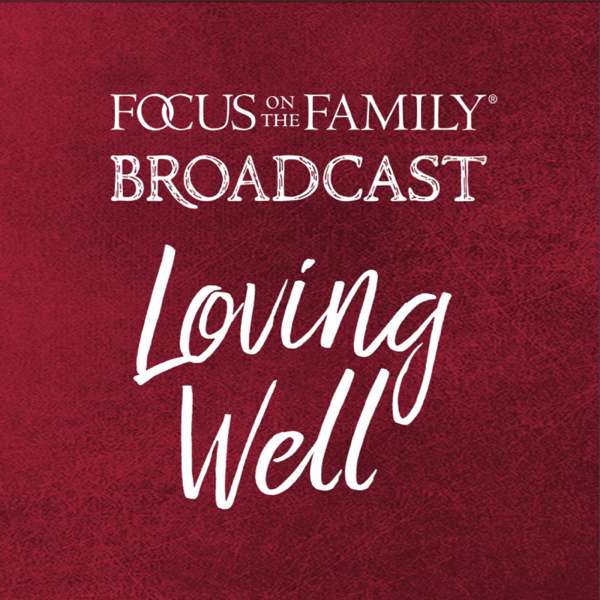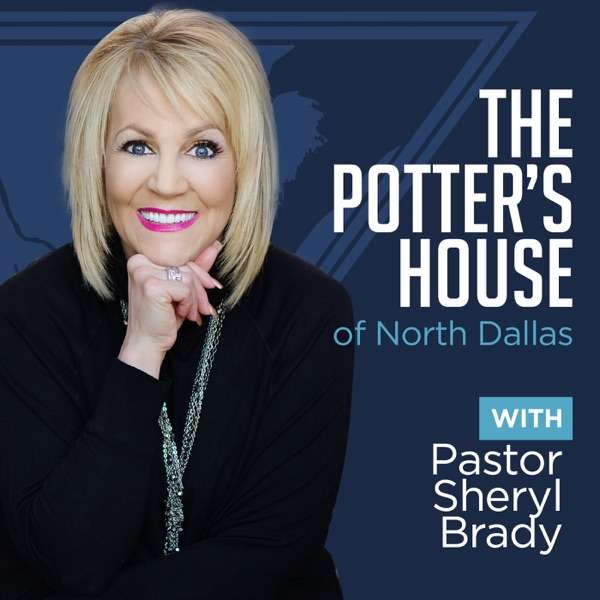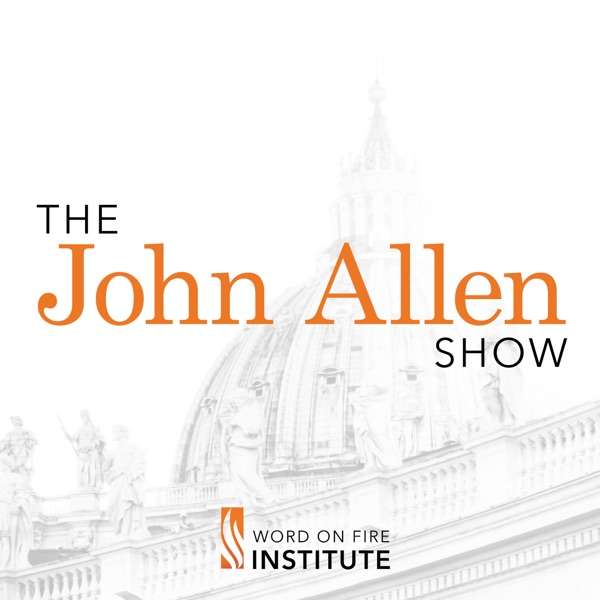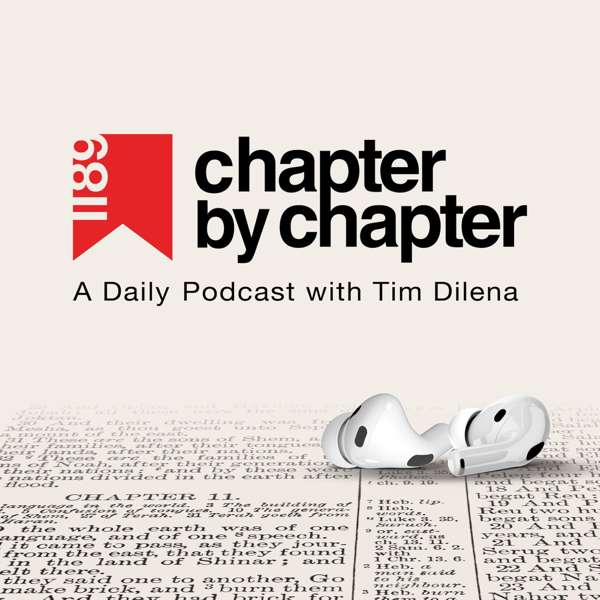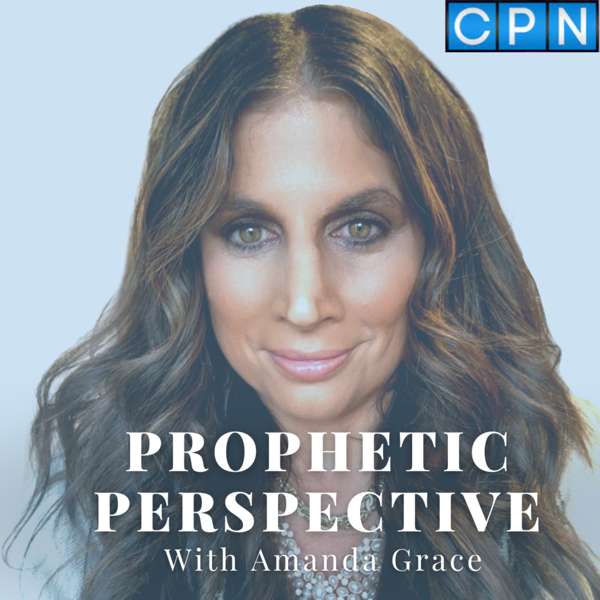Thann Bennett shared his open letter (see below) and discusses how we move forward together after the election. Then he and Susie take time to pray for listener prayer requests. Thann Bennett open letter, posted on
Facebook November 3, 2020 at 5:06am The election is over. Or at least it will be once I am encouraging you to consider the message of this piece. In order to communicate as candidly and as free of personal bias as possible, I am penning these thoughts the weekend before the election. I am doing so in order to offer encouragement without the benefit of a lens of knowing which of us has "won" and which of us has "lost." I write without knowing which of this advice will apply mostly to me, and which will apply mostly to you. In doing so, I hope I can give all of us a path forward in what will almost certainly be a volatile time. Normally, I wouldn't even dream of attempting this, but I do so now out of a deep conviction about the importance of the weeks ahead. No matter who has won, our collective efforts to form an ever more perfect union will hinge on our ability to bridge divides, proactively forgive those who have offended us, and prioritize living in harmony with our neighbors. It will require humility in victory, and graciousness in defeat. It will require making political differences secondary to embracing human differences, and living lives in pursuit of the most important things—like service to one another. I suggest it will take a common embrace of the idea that we can disagree together in pursuit of that more perfect union. So many times, we fall into the trap of believing this means something as simple as bipartisanship. In my view, that belief misses the mark, because there are certainly absolute truths we must stand on, and we must do so regardless of whether either party stands with us. But as we stand for truth, we betray and forfeit the value in doing so if we surrender the pursuit of the greater good in exchange for the pursuit of vanquishing our fellow Americans who hold different views. We are often encouraged to simply overcome our differences. I firmly believe a pursuit to overcome our differences sells the value of the freedom to disagree far short. Dissent, disagreement, and open debate are not bugs of our democratic republic, but rather fundamentally vital features of it. Without an embrace of this friction, ideas are not subject to scrutiny and we are left to live under the rule of inferior ideas simply because the side with political power has the authority to enforce them. But when we cling to our differences over our common bonds, it threatens the unity of a common pursuit our Founders knew to be essential for the survival of the Republic. So, without the "benefit" of knowing who won, who lost, and who will hold that political power for the near future, what is my responsibility going forward? What is your responsibility? What actions propel us toward genuine debate of ideas based on merit, and away from entrenching the division that has plagued our culture? If my candidate won, my burden of responsibility may be the heaviest. But if my candidate lost, while my burden of responsibility may be somewhat lighter, it is in many ways more difficult. If my candidate won: If my candidate won, I have the responsibility to initiate outreach to those who lost. I have a responsibility to resist the temptation of believing my ideas are entirely correct. I have a responsibility to remain introspective about the ideas of my candidate and party, and to point out where there are course corrections necessary. Ultimately, I have a responsibility to use my influence in a way that makes my candidate's certainly-imperfect governing as productive and fair for all Americans as possible. If my candidate lost: If my candidate lost, I have a responsibility to respect the choice my fellow citizens made and value the importance of self-governance over the comfort of the government I prefer. I have a responsibility to be open to assisting my opponent's efforts to govern. I have a duty to avoid disengagement. To the contrary, I have a duty to respectfully challenge the ideas I continue to believe are misguided, but do so in a way that is aimed at refining the outcome in a positive way. Neither of these sets of responsibilities is easy. Neither is always enjoyable. But both are essential if our aim is moving forward together. We will never agree on everything, nor is that the aim. I say again that dissent, debate, and disagreement are all good things, for our aim is unity rather than uniformity. A healthy republic requires both dissent and a unity of citizen spirit. We can—and we must—disagree together. The very survival of our more perfect union depends on it.

 Our TOPPODCAST Picks
Our TOPPODCAST Picks  Stay Connected
Stay Connected


